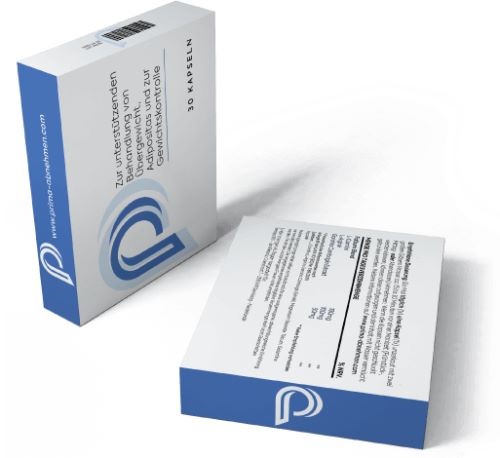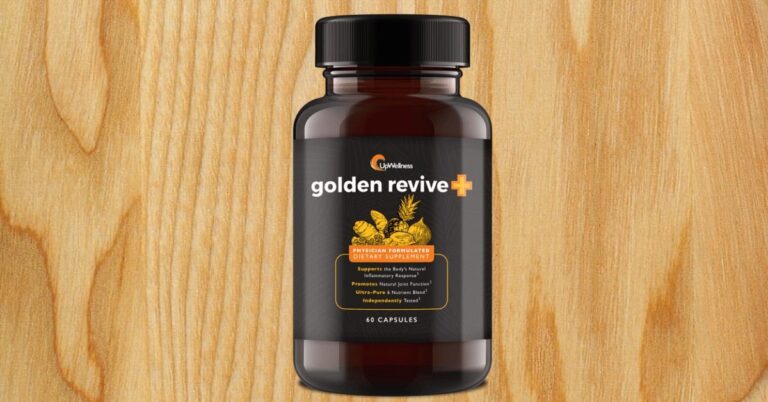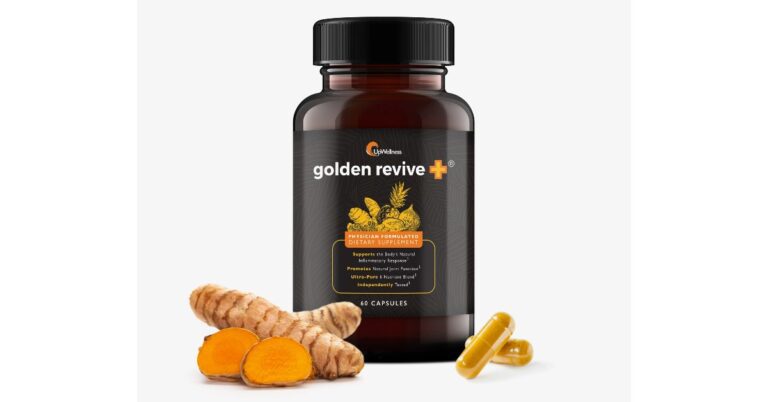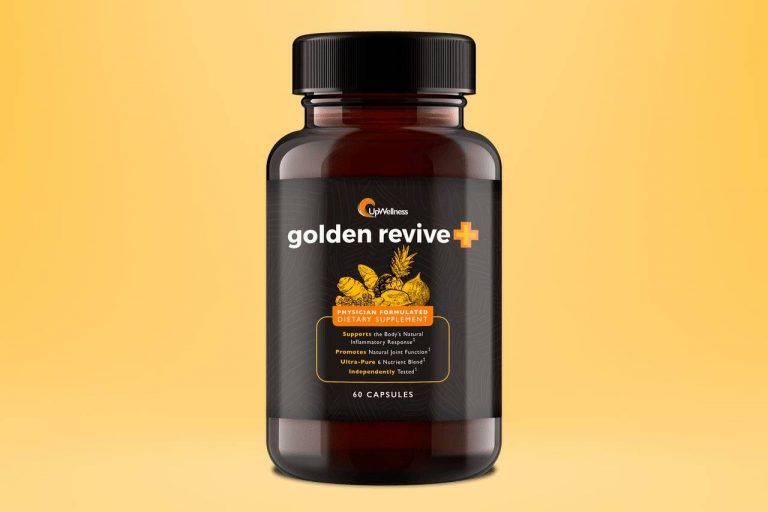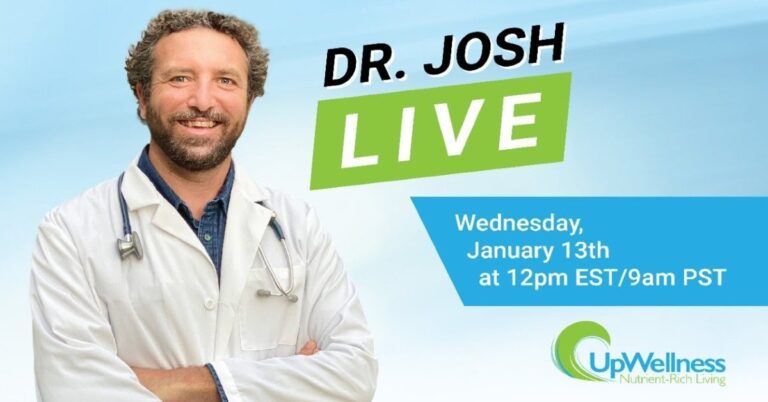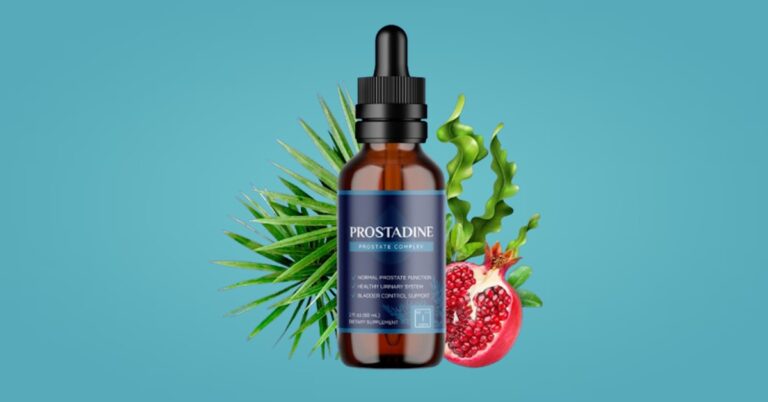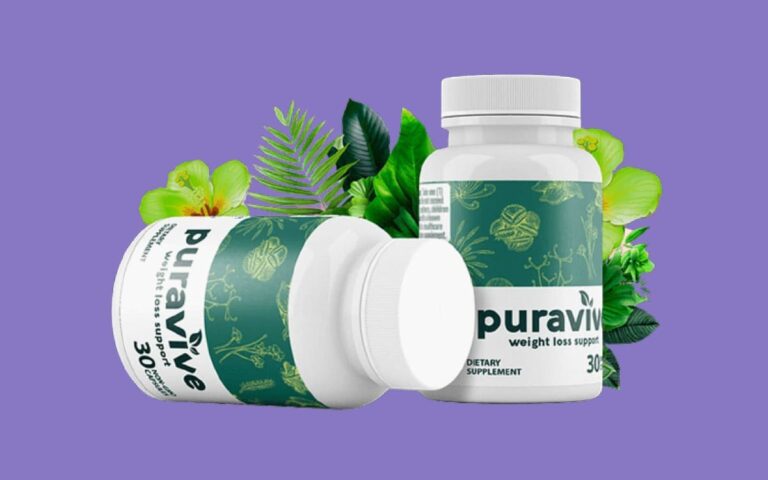The Best Fluffy Pancakes recipe you will fall in love with. Full of tips and tricks to help you make the best pancakes.

Vitamin B12 is an essential vitamin that plays a crucial role in various bodily functions, especially as we age. Getting the right dosage of B12 is critical for adults over 50 to maintain optimal health.
Low vitamin B12 levels are common in older adults, & can cause serious health problems. Learn how to detect & treat this often overlooked problem.

As we age, our bodies undergo many changes. One of the most common changes is a decline in our ability to absorb nutrients from food. This can lead to deficiencies in vital vitamins and minerals, including vitamin B12.
The ideal dose of vitamin B12 varies based on your sex, age, and reasons for taking it. This article examines the scientific evidence behind recommended dosages for B12 for different people and uses.
This vitamin b12 dosage for adults over 50 comprehensive guides will cover everything you need to know about vitamin B12 dosage recommendations, the benefits of vitamin b12, risk factors, and sources for older adults.
Also Read: How To Heal Bone-on-Bone Joint Pain Permanently
Understanding Vitamin B12
Vitamin B12, also known as cobalamin, is a water-soluble vitamin that is involved in the metabolism of every cell in the human body. It plays a vital role in:
- Red blood cell formation
- DNA synthesis
- Neurological function
- Energy production
Vitamin B12 is unique in that it requires a complex absorption process that involves intrinsic factors in the stomach and a carrier protein called transcobalamin II. As we age, our ability to absorb vitamin B12 from foods can decline.
Vitamin B12 is found naturally in animal foods such as meat, fish, eggs, and dairy products. It can also be taken as a supplement in the form of pills, sublingual tablets, nasal sprays, or injections.
Importance of Vitamin B12 for Adults Over 50
Vitamin B12 is especially critical for adults over the age of 50. Deficiencies in this vitamin are common in older adults and can lead to various medical issues:
Megaloblastic anemia – Low B12 levels affect the body’s ability to produce fully developed red blood cells, resulting in fatigue and weakness.
Neurological problems – Vitamin B12 plays a role in myelin synthesis, which protects nerve cells. Deficiency can cause tingling, numbness, decreased reflexes, and cognitive changes.
Cardiovascular disease – Homocysteine levels increase with inadequate B12 status, elevating heart disease risk.
Psychiatric disorders – Low vitamin B12 levels have been associated with depression, confusion, and dementia.
Neural tube defects – Folate works together with B12 in DNA synthesis and regulating homocysteine. Deficiencies in pregnant women can lead to birth defects.
Maintaining healthy vitamin B12 levels is essential for cellular metabolism, nerve function, and long-term health as we age.
Also Read: Secret To Keep Your Blood Below 100 mg/dl At All Time
Recommended Daily Dosage
The recommended dietary allowance (RDA) for vitamin B12 is as follows:
- 0-6 months: 0.4 mcg
- 7-12 months: 0.5 mcg
- 1-3 years: 0.9 mcg
- 4-8 years: 1.2 mcg
- 9-13 years: 1.8 mcg
- 14+ years: 2.4 mcg
However, studies suggest that vitamin B12 needs may increase with age due to decreased absorption. Many experts recommend that adults over 50 take 25-100 mcg of vitamin B12 daily to prevent insufficiency.
The tolerable upper intake level (UL) for B12 is set at 1000 mcg per day in healthy individuals over 14 years old.
This upper limit is not due to toxicity, as vitamin B12 is considered very safe, even at high doses. However, megadoses should be avoided unless under medical supervision.

Factors Influencing Dosage
The optimal vitamin B12 dosage can vary between individuals over 50 based on the following factors:
- Diagnosis of deficiency – Those diagnosed with a B12 deficiency will require supplementation at much higher doses, such as 1000 mcg per day or B12 injections, to replenish stores.
- Medications – Drugs like proton pump inhibitors, H2 blockers, and metformin can inhibit B12 absorption in seniors. Higher doses may be recommended.
- Gastrointestinal conditions – Disorders that affect digestion like atrophic gastritis, celiac disease, Crohn’s disease, can impact B12 absorption and status.
- Diet – Vegans, vegetarians, and those who avoid animal products are at a higher risk of B12 deficiency and need supplements or fortified foods.
- Supplement form – The body absorbs different amounts of B12 from oral supplements (1-5 mcg), sublingual (500 mcg), nasal sprays (500 mcg), and injections (1000 mcg).
Consulting with a doctor can help determine the right dosage for older adults based on individual health conditions and risk factors for deficiency.
Potential Risks of Overdose
There have been no reports of significant adverse effects or toxicity associated with large doses of vitamin B12.
A few minor side effects that may occur with excess supplementation above the UL include:
- Itching, rash, swelling
- Anxiety, sleep disturbances
- Diarrhea
- Blood clots (very high doses)
However, any serious risks are unlikely, even with high amounts of B12. Since it is a water-soluble vitamin, any excess gets flushed out in urine.
Of greater concern is masking a B12 deficiency. Very high doses might resolve symptoms without addressing the underlying absorption issues. This is why it’s important to have levels tested before megadosing on supplements.
Symptoms of Deficiency
Adults over 50 vitamin b12 dosage for adults over 50 should be aware of the common symptoms of vitamin B12 deficiency:
- Weakness, fatigue
- Lightheadedness
- Palpitations, rapid heart rate
- Shortness of breath
- Sore tongue
- Loss of appetite
- Constipation, diarrhea
- Numbness, tingling in hands and feet
- Difficulty walking
- Vision changes
- Cognitive issues like memory loss, confusion, depression
- Neurological damage
If you experience any ongoing symptoms, it’s important to see a doctor to check your B12 status and rule out b12 deficiency in older.

Also Read: #1 Treatment For Erectile Dysfunction That Fix Erection Problems and Delivered Real Result
Sources of Vitamin B12
There are two main ways for seniors to obtain adequate vitamin B12: diet and supplements.
Dietary Sources
Vitamin B12 is naturally abundant in many animal-based foods:
- Liver and organ meats
- Fish and shellfish like trout, salmon, tuna, crab, mussels
- Red meat and poultry
- Eggs
- Dairy products like milk, yogurt, cheese
Seniors should aim to include a few servings of these foods daily. However, plant-based sources contain no B12 unless fortified. Vegans and vegetarians will need supplements or fortified foods like cereals, nut milks, and nutritional yeast.
Supplements
Supplements are recommended for those with absorption issues, who don’t get enough from dietary sources, or have been diagnosed with a vitamin b12 deficiency in older.
The various forms include:
- Oral: Regular tablets provide between 1-25 mcg per dose. Sublingual tablets dissolved under the tongue provide higher absorption around 500 mcg.
- Nasal spray: Able to provide 500 mcg per dose.
- Injections: Can deliver 1000 mcg per dose directly to the bloodstream, avoiding absorption issues. Require a prescription.
Talk to your doctor about the right supplemental form and dosage based on your health status and needs.

Consulting a Healthcare Professional
Determining your optimal vitamin B12 dosage involves getting a blood test for your B12 levels along with an assessment of risk factors. Seniors should have their status evaluated by a doctor.
Here are some key things to discuss with your healthcare provider:
- Test for B12 deficiency if experiencing any symptoms
- Discuss medications and medical conditions that could impact absorption and levels
- Evaluate dietary intake of B12 sources
- Measure baseline B12 status and monitor levels annually
- Check for signs of anemia or neurological issues
- Assess genetic factors that could affect metabolization
- Consider the need for supplementation based on deficiency risk
- Determine the type and dosage of B12 supplement required
Partnering with your doctor can help uncover any issues leading to deficiency and allow you to maintain adequate B12 status as you age.
Conclusion on vitamin b12 dosage for adults over 50
Often, a vitamin B12 deficiency can look like normal signs of aging when, in fact, the deficiency itself is a sign of aging. How much vitamin B12 you should be ingesting as you age, and what the signs of a vitamin B12 deficiency are.
Vitamin B12 is an essential nutrient, especially for those over 50. The recommended dietary allowance is 2.4 mcg daily.
As nutrient absorption rates slow down in your golden years, it’s important to know how you can still get the right dosage of essential vitamins like B12.
However, experts suggest older adults supplement with higher doses between 25-100 mcg to prevent insufficiency.
Individual recommended dosage for older adults depends on health status, absorption issues, and risk factors.
Vitamin b12 deficiency in older can negatively impact energy, mood, neurological function, heart health, and anemia risk.
Getting enough B12 from dietary sources like meat, fish, eggs, and supplements can help minimize these complications.
Working with your healthcare provider allows accurate assessment of your needs and the right dosage to remain healthy as you age.
FAQs Frequently Asked Question
What is the recommended daily dosage of Vitamin B12 for adults over 50?
The recommended dietary allowance is 2.4 mcg per day. However, many experts suggest older adults supplement with higher doses between 25-100 mcg daily due to reduced absorption that occurs with aging. Those with deficiencies may require doses between 500-1000 mcg.
How much vitamin b12 should a woman over 50 take?
Most women over 50 are recommended to take a vitamin B12 supplement containing 25-100 mcg per day. Those with deficiencies may need 1000 mcg daily or B12 injections to restore adequate levels.
Is it ok to take 1,000 mcg of b12 a day?
Yes, taking 1000 mcg per day of vitamin B12 is considered safe, even for extended periods of time. Since B12 is a water-soluble vitamin, any excess is excreted in urine. Megadoses of 1000 mcg are often used therapeutically to treat deficiencies under medical supervision without adverse effects.
Vitamin b12 dosage for seniors 1,000 mcg
A dosage of 1000 mcg per day of vitamin B12 for seniors is often recommended to treat deficiencies. High doses can help raise B12 levels when absorption is reduced due to gastrointestinal conditions, medications, or age-related decline in stomach function.
Vitamin b12 dosage for seniors’ side effects
There are no serious side effects associated with high doses of vitamin B12 for seniors up to 1000 mcg per day. Minor effects like mild itching, rash, anxiety or diarrhea are possible at megadoses. Of greater concern is masking b12 deficiency in older without addressing underlying absorption issues.
Is 5000 mcg of vitamin b12 too much to take?
Doses of 5000 mcg (5 mg) per day are considered extremely high and not therapeutic. This megadose may increase minor side effects risk without providing additional benefits. Routine long-term use of such high amounts should be avoided unless prescribed by a doctor.
Vitamin b12 dosage for seniors with deficiency
Seniors diagnosed with a vitamin B12 deficiency are often prescribed a high dose between 1000-2000 mcg (1-2 mg) daily until levels normalize. This may be in the form of oral supplements, sublingual tablets, nasal spray, injections, or a combination.
What is normal level of vitamin b12 in elderly?
Normal blood levels of vitamin B12 for the elderly are between 200-900 pg/mL (picograms per milliliter). Levels below 200 pg/mL indicate deficiency. Optimal levels for cognitive function are 500-600 pg/mL, while cardiovascular health benefits of vitamin b12 may occur closer to 1000 pg/mL.
How much is 2.4 micrograms of vitamin b12?
2.4 micrograms of vitamin B12 is equivalent to:
- 0.0024 milligrams
- 2,400 picograms
- 2.4 million picograms
- 0.0000024 grams
This is the recommended daily allowance for adults over 14 years old, although many experts advise seniors to supplement with higher doses.
How much Vitamin B12 should seniors with deficiency take?
Seniors with a diagnosed vitamin B12 deficiency are usually recommended to take between 1000-2000 mcg (1-2 mg) per day enough vitamin b12 as an oral supplement, sublingual, or nasal spray. Some doctors may prescribe B12 injections with doses starting at 1000 mcg weekly for 1-2 months until levels improve.
What is considered a normal level of Vitamin B12 for elderly individuals?
Normal blood levels of vitamin B12 for seniors and elderly individuals are 200-900 picograms/milliliter (pg/mL). Levels below 200 pg/mL indicate a deficiency. Maintaining B12 levels above 400 pg/mL is ideal for cognition, and over 600 pg/mL for cardiovascular health.
Is it safe for seniors to take 1,000 mcg of Vitamin B12 daily?
Yes, it is considered very safe for seniors to take 1,000 mcg, or 1 milligram, of vitamin B12 daily. This amount is significantly above the recommended dietary allowance but well below the established upper limit. Megadoses are often used therapeutically to resolve B12 deficiency.
How much Vitamin B12 should an older woman take?
Most older women should take B vitamin supplements containing between 25-100 mcg per day. Those with pernicious anemia, digestive disorders, or a confirmed deficiency may need higher doses between 1,000-2,000 mcg daily delivered orally, sublingually, or via nasal spray or injections.
What is the significance of 2.4 micrograms of Vitamin B12?
2.4 mcg (micrograms) is the recommended dietary allowance (RDA) for vitamin B12 set by the Institute of Medicine for adults over age 14.
This amount reflects the estimated daily intake required to meet nutritional needs and maintain health. However, many experts suggest older adults supplement with higher doses.
References
- Office of Dietary Supplements – Vitamin B12 Fact Sheet
- NIH – Vitamin B12 Dietary Supplement Fact Sheet
- British Dietetic Association – Vitamin B12 Food Fact Sheet
- Harvard Health – Should I take vitamin B12?
- Cleveland Clinic – Vitamin B12 Deficiency
- MedlinePlus – Vitamin B12

